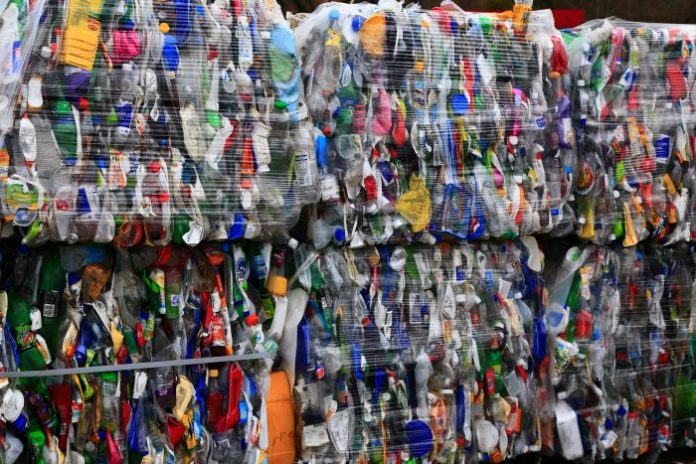
Twenty-seven million euros have been allocated to Italian municipalities to reduce the production of plastic waste through the use of eco-compactors, promote separate collection and improve recycling with a view to the circular economy: this is what the so-called “Mangiaplastica” decree signed last September by the Minister for Ecological Transition, Roberto Cingolani, has earmarked and the call for tenders has now been published on the ministry’s website (https://www.mite.gov.it/bandi/programma-sperimentale-mangiaplastica-contributi-ai-comuni-al-fine-di-ridurre-i-rifiuti).
An eco-compactor is a machine for the separate collection of PET beverage bottles, which selectively recognises this type of bottle and reduces its volume for recycling.
For 2021, a budget of EUR 16 million is foreseen, of which EUR 9 million is allocated to residual accounts. For 2022, €5 million is foreseen, for 2023 €4 million and for 2024 €2 million.
The deadline for submitting the application to obtain the contribution is set at thirty days from the publication of the decree in the Official Gazette (11/10/2021), which contains the procedures and criteria for the allocation.
The application must be submitted exclusively through the appropriate IT platform (https://padigitale.invitalia.it/). It is first necessary to have a Spid identity and a Cup code, which can be obtained from the following link: http://cupweb.tesoro.it/CUPWeb/. A call centre dedicated to technical assistance in filling out the application will be activated.
The municipalities undertake to keep the eco-compactors in their possession and in use for the benefit of the users for at least three years from the moment of activation, and to provide the Ministry of Ecological Transition, on an annual basis and for at least three years, with useful information to verify the effectiveness and sustainability of the “Mangiaplastica” experimental programme.



































